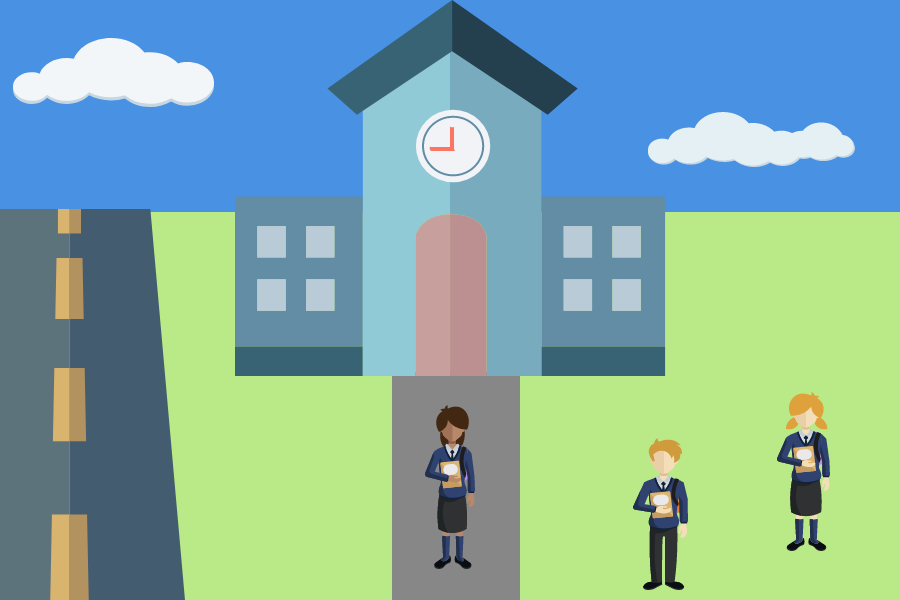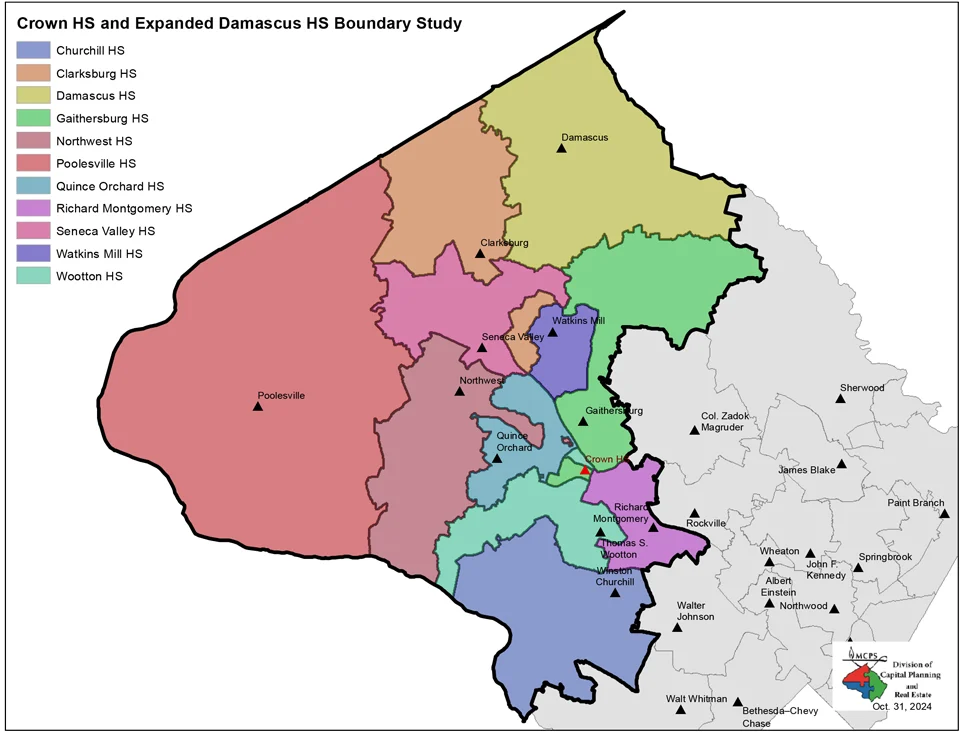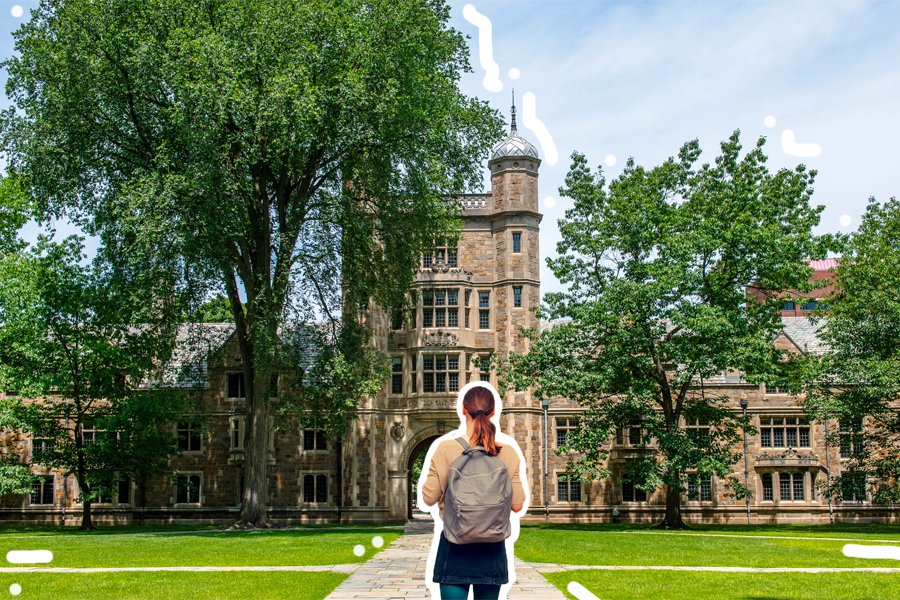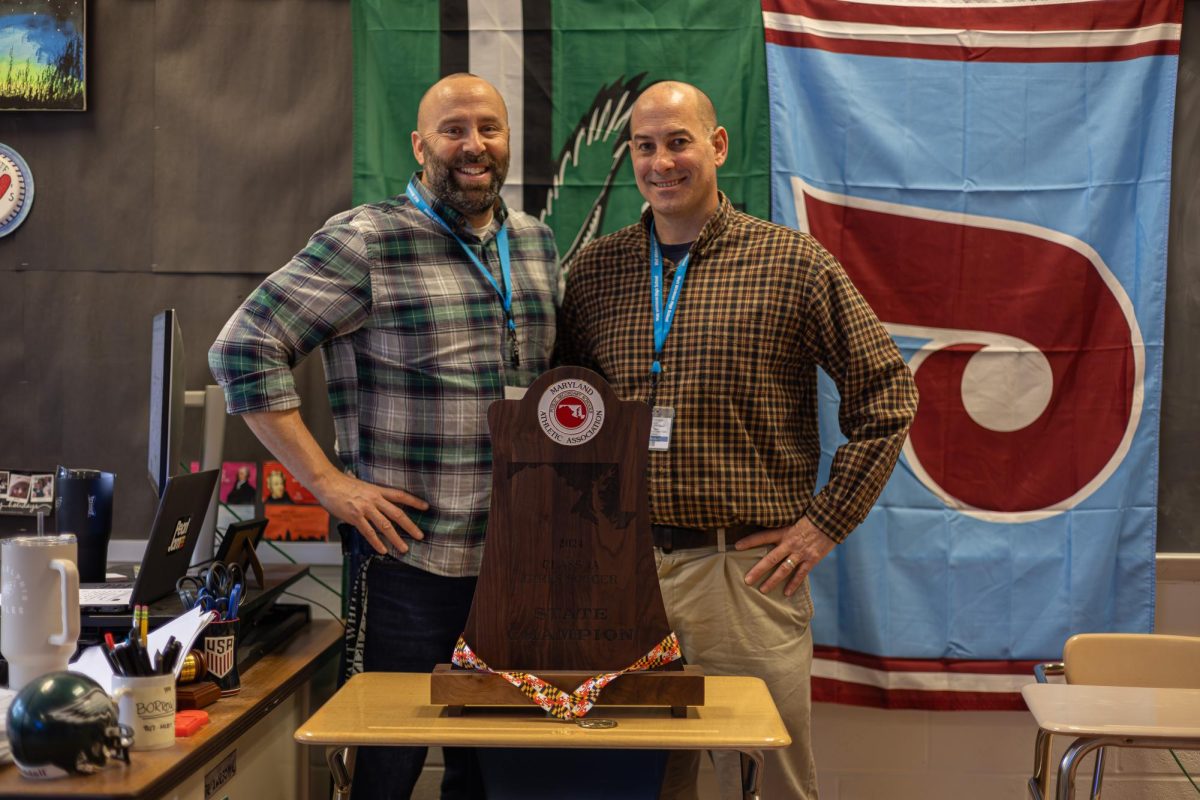At the PTSA event about online security Feb. 2, parent Mark Rasch spoke about using modern communication technologies safely.
Rasch, an information security expert, discussed cyber-bullying, sexting and sharing information on social networking sites — explaining the dangers and offering preventive measures, like avoiding communications with unfamiliar people.
“The internet makes it so much easier for people to be predators and do things they would never do in real life,” Rasch said. “Students also have to realize that once any information is put out there, it’s there forever.”
Though students should have some freedom on sites like Facebook, he recommended that parents have their child’s Facebook password to sporadically check on them.
“Bottom line is that you, as parents, want to ensure they are safe,” Rasch said. “Sometimes this means knowing you’re the parent and pushing the off button if they’re doing bad things.”
Rasch also explained the significant dangers associated with sexting, pointing to several cases where minors were prosecuted for possession of child pornography because they sent or received inappropriate images on their cell phones.
There have been some recent incidents at Whitman and Pyle of girls sending inappropriate pictures of themselves, as well as people saying mean things about others on the Internet, Goodwin said during the meeting.
“Fortunately, most of the incidents here are low key and off school grounds,” Goodwin said. “But sometimes it comes onto school groups and gets very messy. So I’m glad so many people came out to learn more about this.”
Parents and students frequently had the opportunity to interject their opinions or comments during the event.
“It was a very nice and informal yet really helpful,” junior Vinicius Amorelli said. “I came because I wanted to learn what to do and what not to do.”
Hearing about the very real risks was a good reinforcement and reminder to be more vigilant, parent Debbie Flack said.
“It’s a lot different than when we were kids,” Rasch said. “”We could afford to play around without huge consequences. Now, what our kids do at this age can affect them five, 10, 15 years down the line.”









